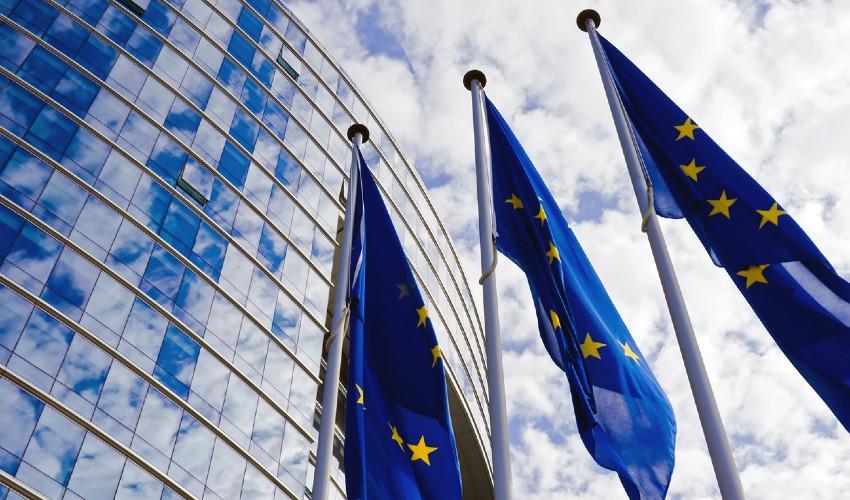
Foundational Fallacies: Revisiting EU Narratives to Save Europe
CATHERINE DE VRIES TAKES A CRITICAL LOOK AT THE WATERSHED MOMENT THE EUROPEAN UNION IS GOING THROUGH AND REVISITS FOUR KEY IDEAS AT THE HEART OF EUROPEAN INTEGRATION AS WE KNOW ITA recent article on the Journal of Common Market Studies by Catherine De Vries, of the Department of Social and Political Sciences and Bocconi’s Dean for International Affairs, describes the challenges originating from what she calls “foundational narratives” about the European Union: the EU as a peace project, the notion that the EU is forged in crisis, the sense that deeper economic interdependence fosters political change and the idea that law can replace power politics in the EU. If we want the European project to proceed, it is necessary to critically re-evaluate these assumptions and correct past mistakes.
The article, which is based on a lecture by Catherine De Vries to mark the 60th anniversary of the Journal, argues that we are living a watershed moment, that will be seen as a dividing line between a “before” and an “after”. This is a consequence of the war in Ukraine which has exposed how an act of aggression can threaten the existence of those basic freedoms that many had taken for granted. And for this reason, the old assumptions that have been passed on about the European project no longer hold. If we don’t dissect each of them to uncover the “blind spots”, we will not be able to make the EU sustainable in the long run.
The first of these narratives is that the EU is a peace project, which reflects the deep-rooted belief of the founding fathers that the tragedies of WW2 must be prevented on European soil. But if this belief could be shared by the original member states, it does not reflect the diverse meanings the EU has come to embody in new members. Besides, younger generations have no recollections of WW2 and consider the frequent statement of the EU as a peace project as too abstract.
Second, the notion that the EU is forged by crises (apparently taken from a sentence by Jean Monnet) seems to disguise a deeper idea that the progress of European integration is inevitable and that crises are just temporary disruptions. The badly-managed Eurozone crisis, the article says, is a case in point that shows how setbacks can have a lasting negative influence on the whole EU, in this case the idea that the Union is defined by the relationship between “frugal” and “profligate” members.
The third narrative that we need to unravel is that that the essence of the European project is to pursue political integration under the disguise of economic integration. The big problem here, as Eurosceptic populists have been quick to spot, is that however “good” might be the objectives of EU actions, the degree of democratic accountability of EU policymaking bodies is sometimes severely lacking. “Ever since the direct election of the European Parliament and the extension of its powers, the EU has made great strides to foster political debate and contestation, but democratic politics should not only be about means; it should also be about ends,” as De Vries puts it.
Finally, a fourth foundational narrative that needs to be addressed is that the law could replace power politics in the EU. The EU often sees itself as a regulatory body, but regulations are not neutral: they create winners and losers, again outside the normal democratic process of policymaking which enables losers to voice their opinions making them at least feel considered.
“The reliance on these four foundational narratives clouds our current ability to answer two fundamental questions guiding the EU today: how to manage ethnic, cultural, economic and political diversity whilst at the same time reaping the benefits of scale and how to achieve this on a voluntary, democratic and cooperative basis,” Catherine De Vries has said.
“After Brexit, the Covid pandemic and the fact that war has reached its borders once more, Europeans are faced with the opportunity to revisit what the European house is about.”
Revisiting these narratives means ultimately to question what it means to be European, what values should the EU be founded upon and where do we want it to go.
by Andrea Costa
